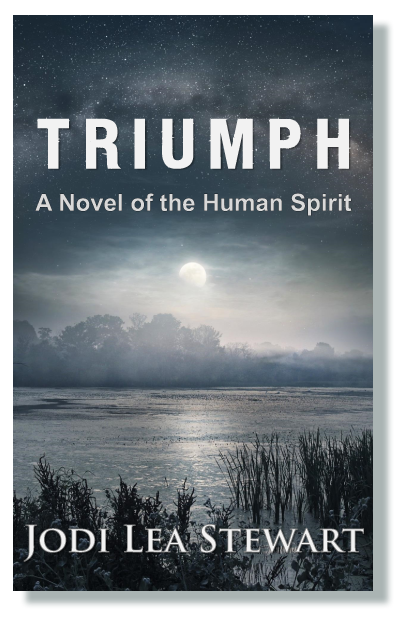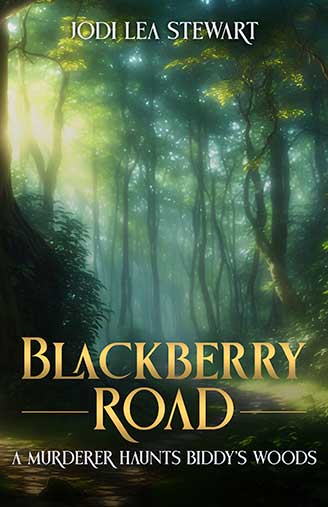 Series: Keepin’ it real
Series: Keepin’ it real
I pondered about writing a Christmas blog with meaning.
It’s well known that the holidays are unbearable for some and joyous for others. The same can be said for any day or event of the year, yet it seems to exacerbate during the Christmas season.
Truthfully, it has always been that way.
Whether the reasons for a downcast spirit stem from past memories that darken the heart, or from personal circumstances involving health, finances, or the loss of a loved one, there have always been two holiday and two non-holiday worlds.
Never were those two worlds more obvious than during the Great Depression of the 1930s.

One World ~ Rockefeller Center’s first Christmas tree, 1931, erected by construction workers. The tree is decorated with tin cans and cranberry garlands.
Because of the stock market crash, bank failures, and drought, thousands of wealthy and middle-class people became poor overnight. Consumerism slowed to a crawl. Fewer products were manufactured. Jobs were lost.
People were starving, out of work, and homeless. Churches, missions, private organizations, and the government set up soup kitchens and bread lines in the cities to feed the multitudes. Cardboard boxes became home to some, while others meandered aimlessly in shock and emotional illness.
Back then, some folks had such a polished sense of pride *the good kind,* they found it tremendously difficult to “beg” food by standing in food lines. Yet the alternative might mean starvation for themselves and their families. Certain ones found it unbearably embarrassing and moved to rural

Another world ~
areas to live off the land. Was that any better? Usually not. The poverty of the people who made their living from the earth was sometimes unfathomable.
Conversely, there were entertainers and athletes who prospered greatly during the Depression.
James Cagney, for instance, earned the equivalent of $40,000 a week in 1933.
With hits like “In the Mood,” “String Of Pearls,” and “Moonlight Serenade,” Glenn Miller and his band had high-dollar success on the radio and in the movies. His salary of nearly $20,000 a week is indicative that big money was “out there,” during the 1930s.
Likewise, the Great Depression didn’t harm legendary Babe Ruth. His $80,000 a year salary (more than a million dollars today) was $5,000 more than that of the President of the United States.
Many of the established American super-rich families didn’t lose their wealth during those perilous times, families like the Getty’s, Rockefeller’s and Kennedy’s.
The survivalist entrepreneurs arose to surf the dire circumstances and grow rich – people like Howard Hughes, Michael J. Cullen and the Hess Brothers, to name a few.
The two worlds of Christmas in the 1930s were physical polar opposites, but what about in spirit and truth? Did depression, anxiety, and a sad life envelope only the poor and disadvantaged? Would people, as Victor Hugo espoused, rise to great moral and emotional heights if given enough opportunity and money?
Perhaps the best example of NO to that question is Barbara Woolworth Hutton. Though she was given a lavish debutante ball in 1930 and was one of the wealthiest women in the world, she was married seven times. None of her marriages lasted more than three years, and her only son was the victim of a bitter custody battle. Envied by all who encountered her, this wealthy beauty took refuge in alcohol, drugs and playboys. Her son died before her, and she died of a heart attack at age 66.
The woman who had everything had nothing.
Contrariwise, many who had nothing had everything, such as families who survived and thrived together in spite of the horribly hard times.
A paradox of opposite worlds
. . . often coming down to choices.
I could choose to be miserable for many outstanding reasons this holiday season, but I’m choosing to be happy, even if it cracks my face, lol! Come on… join me. Why not?

Author Jodi Lea Stewart ~ Laughing Makes it All Worthwhile ~
Jodi Lea Stewart is a fiction author who believes in and writes about the triumph of the human spirit through overcoming adversity. Her writing reflects her life beginning in Texas and Oklahoma, later moving as a youngster to an Arizona cattle ranch next door to the Navajo Nation, and, as a young adult, resuming in her native Texas. Growing up, she climbed petroglyph-etched boulders, bounced two feet in the air in the backend of pickups wrestling through washed-out terracotta roads, and rode horseback on the winds of her imagination through the arroyos and mountains of the Arizona high country. Her lifetime friendship with all nationalities, cowpunchers, and the southern gentry allows Jodi to write comfortably about anything in the Southwest, the South, and BEYOND.
What’s next from Jodi? Another epic historical fiction novel catapulting the reader out of Texas into Mexico, Argentina, and China and into the epicenter of another intriguing human drama. Look for it in 2023.
Other Recent AWARD-WINNING Publications by Jodi Lea Stewart
TRIUMPH, A NOVEL OF THE HUMAN SPIRIT is a 2021 International FIREBIRD First Place Multicultural Fiction Award Winner
 If you loved To Kill a Mockingbird, and want a dramatic, different, and sometimes humorous version of New Orleans life, St. Louis, and Texas in the early to mid-century 1900s, all adorned in beguiling plot twists and unforgettable characters, read TRIUMPH, a Novel of the Human Spirit by Jodi Lea Stewart.
If you loved To Kill a Mockingbird, and want a dramatic, different, and sometimes humorous version of New Orleans life, St. Louis, and Texas in the early to mid-century 1900s, all adorned in beguiling plot twists and unforgettable characters, read TRIUMPH, a Novel of the Human Spirit by Jodi Lea Stewart.
Two children are ripped from their separate homes in 1903, one by a secretive Voodoo sect, the other one hidden out of blind fear. Their uncertain fates set in motion a series of events that reverberate decades later. Opening in the Louisiana swamps and moving into New Orleans and St. Louis—this novel weaves together three vivid storylines featuring two friends of different races defying the odds of their heritage and 1950s bigotry.
TRIUMPH was a finalist in three categories in the 2021 New Mexico-Arizona Book Awards contest, won a Readers’ Favorite with Reviewers, and is also a 2021 Firebird First Place Award Winner in Multicultural Fiction.
BLACKBERRY ROAD is an International CHANTICLEER First Place Multicultural Award Winner
Blackberry Road by Jodi Lea Stewart
Trouble sneaks in one Oklahoma afternoon in 1934 like an oily twister. A beloved neighbor is murdered, and a single piece of evidence sends the sheriff to arrest a black man who Biddy, a sharecropper’s daughter, knows is innocent. Hauntingly terrifying sounds seeping from the woods lead Biddy into even deeper mysteries and despair and finally into the shocking truths of that fateful summer.
“Beyond the humor and entertaining antics of the main character, Biddy Woodson, BLACKBERRY ROAD has depth and meaning as it explores stirring universal themes that we expect in great literature” ~ D.B. Jackson, acclaimed Historical and Western author
BLACKBERRY ROAD is engaging, entertaining, and a book that is sure to linger with you . . . the trip is well worth the time ~ Cyrus Webb, Host of ConversationsLIVE, president of Conversations Radio Network, tv show host, author, and Amazon top reviewer
Enjoy Exotic Locations? Read Jodi’s trilogy set smack dab in the middle of the Navajo Nation, USA. https://progressiverisingphoenix.com/product-category/ya-fiction/



“Hey, Marilyn, did you read Jodi Lea Stewart’s novel, The Accidental Road?”
“Read it? I was her main consultant, honey.”






















